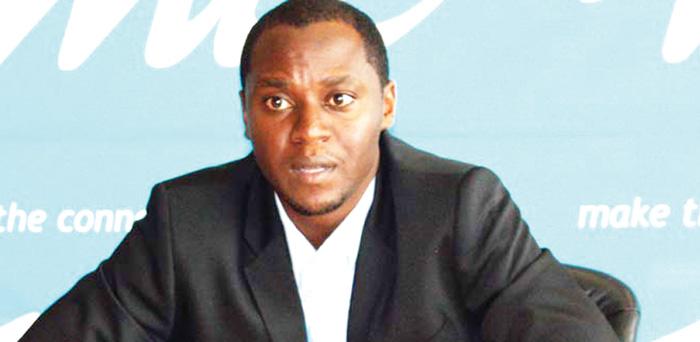
Southern African central banks committed to address climate change challenges

Central Bank Governors from across Southern Africa gathered for the 57th Committee of Central Bank Governors meeting, hosted by the Bank of Namibia in Swakopmund.
The event featured a panel discussion focused on sustainability within the financial system and was opened by the Prime Minister, Right Honourable Saara Kuugongelwa-Amadhila.
In her welcoming address, the Prime Minister recognised the successive series of natural disasters, droughts, and floods Southern Africa had endured due to climate variability.
She noted food insecurity as one of the effects the El Nino phenomenon had caused in Namibia and spoke to the drought relief programme that the government would undertake until the end of June 2024 as a means to support affected communities.
The Prime Minister stressed the need for the financial sector to adapt and craft creative techniques and models to mitigate the impact of climate-related shocks and their macroeconomic implications.
This address was followed by the panel discussion which aimed to underscore the importance of robust environmental and climate risk management practices within the financial sector while emphasising Southern Africa’s commitment to becoming a leader in sustainable finance.
The Southern African region, despite contributing minimally to global emissions, faces disproportionate vulnerability to the adverse effects of climate change. Extreme weather events, such as cyclones, droughts, and flooding, disrupt economic activity, leading to financial losses and heightened macroeconomic risks.
The panel discussion featured five distinguished panelists who provided valuable insights into the critical themes of the event: the Governor of the South African Reserve Bank and Chair of the Committee, Mr Lesetja Kganyago; the Governor of the Bank of Namibia, Mr Johannes !Gawaxab; the Governor of the Bank of Mozambique, Mr Rogério Zandamela and an Executive Board Member of the Deutsche Bundesbank, Dr Maurderer.
Kganyago emphasized the significance of addressing climate change within central banks’ financial stability and monetary policy mandate while cautioning against mission creep.
He highlighted the South African Reserve Bank’s proactive initiatives, including the development of climate change indicators and disclosure guidance, in line with their supervisory actions aimed at enhancing the resilience of financial institutions against climate-related risks.
On her end, Dr Maurderer from the Bundesbank underscored the pivotal role of central banks in utilising their analytical capabilities to draw the attention of governments to act on climate change while prioritising financial and price stability.
She emphasised the need for central banks to define the role of the financial system and financial institutions in addressing and mitigating climate-related risks. Dr. Mauderer also highlighted the challenge of triggering private financing to support climate adaptation, particularly in the context of limited fiscal space in both the global north and south.













































